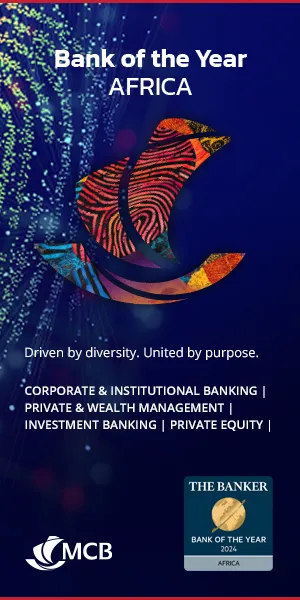With a wealth of experience in African development institutions, Mali’s Birama Boubacar Sidibé intends to make the AfDB more efficient in its decentralised organisation and expand its business operations. Interview with Hichem Ben Yaïche.
If appointed, what would be your first action as president?
I would immediately convene a meeting with the board of directors to hear their views and share my vision. Then I would meet the Bank’s employees in order to reassure and mobilise them around the business plan described in my vision. The first effective measure is to ensure the continuity of business operations, especially as we will be entering the 4th quarter, where efforts should focus on achieving the year’s objectives and preparing accounts.
Why would you make a good president?
Firstly, my over three decades experience in development finance institutions, including 23 years at the AfDB. This experience is rich and varied in terms of results and positions, as well as the credibility I acquired. As proof of this, 11 regional member countries sponsored my application. Secondly, I have clearly expressed my vision of my plan as well as the means and solutions to operationalise and adapt it.
What needs to be changed in the way the AfDB operates for it to help Africa really take off?
While keeping the strategic source of the 2063 agenda, it is essential to adapt the AfDB’s approach in order to maximise profits. The AfDB should add to its traditional role of sovereign lender, catalyst and provider of high-quality, value-added services as well as arranger of mega-projects in partnership with the private sector, investors and relevant states.
Can you give a concrete example of something AfDB does that other development banks do not?
It teamed up with the AU and the Economic Commission for Africa (ECA) and helped build a vision and economic agenda for the continent, approved by African leaders; Africa is fully in control of its destiny for the first time in 50 years of independence.
The Bank’s strategy for 2013–2022 has been adopted. In this context, how can the new president pursue his or her own ideas and priorities?
The 10-year strategy is the result of extensive consultation with all stakeholders. It has been approved by all management structures within the Bank. This strategy should therefore guide my actions. However, the 10-year horizon calls for it to be adjusted, adapted and reassessed if necessary in the form of a three-year rolling plan. It will need to adapt to economic conditions as well as the global environment and development challenges faced by African countries.
The decentralisation strategy has been criticised for being expensive and inefficient. Do you intend to continue it?
Yes. The objectives of efficiency and local services that are expected are commendable. But as with everything, the results are more important. Then comes the question of the means of our ambitions and capacity of generating revenue to cover the operating costs. It is my understanding that the Banks management have engaged in a reflection based on these issues. If elected, I intend to continue this reflection and take any corrective actions that may be necessary.
Want to continue reading? Subscribe today.
You've read all your free articles for this month! Subscribe now to enjoy full access to our content.
Digital Monthly
£8.00 / month
Receive full unlimited access to our articles, opinions, podcasts and more.
Digital Yearly
£70.00 / year
Our best value offer - save £26 and gain access to all of our digital content for an entire year!

 Sign in with Google
Sign in with Google 





